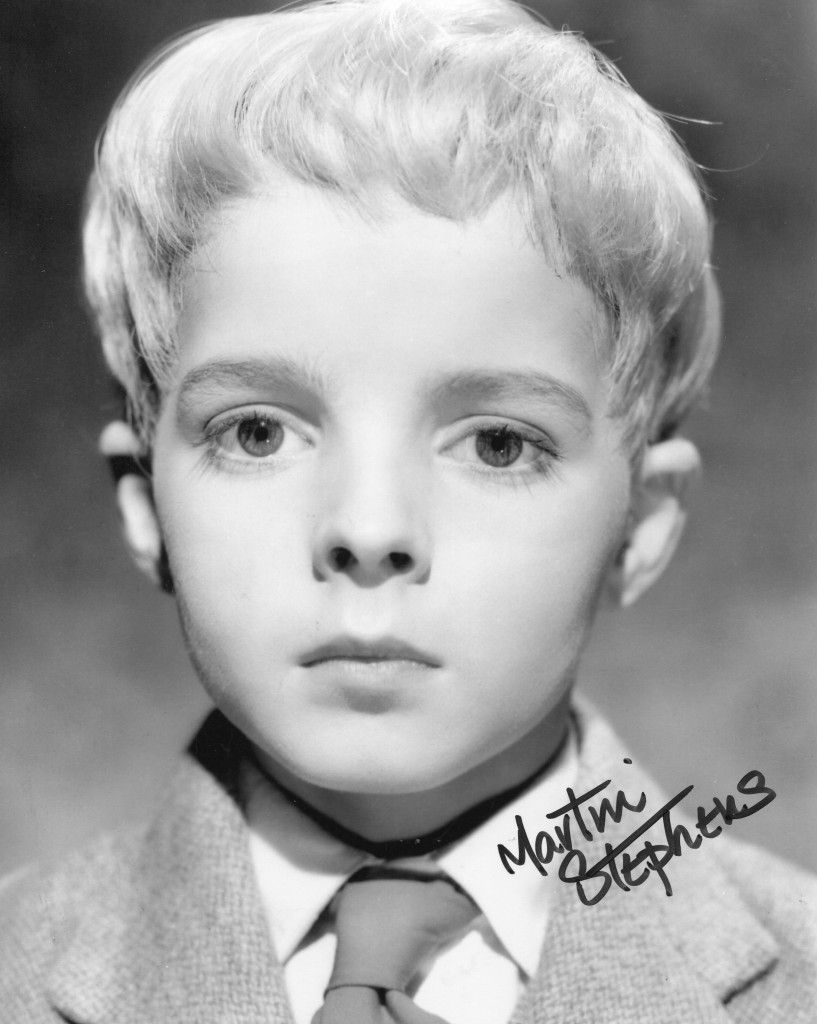
Martin Stephens
Martin Stephens was a very popular child actor in the UK in the late 1950’s until the mid 1960’s. He was born in 1949 in Southgate, London. He made his movie debut as the son of Sean Connery and Glynis Johns in “Another Time, Another Place” and was very powerful in “The Village of the Damned” and “The Innocents”. His final movies were “The Battle of the Villa Fiorita” as the son of Richard Todd and Maureen O’Hara and in 1966, “The Witches” with Joan Fontaine. He went on to university to qualify as an architect.
Film Society of Lincoln Center interview:
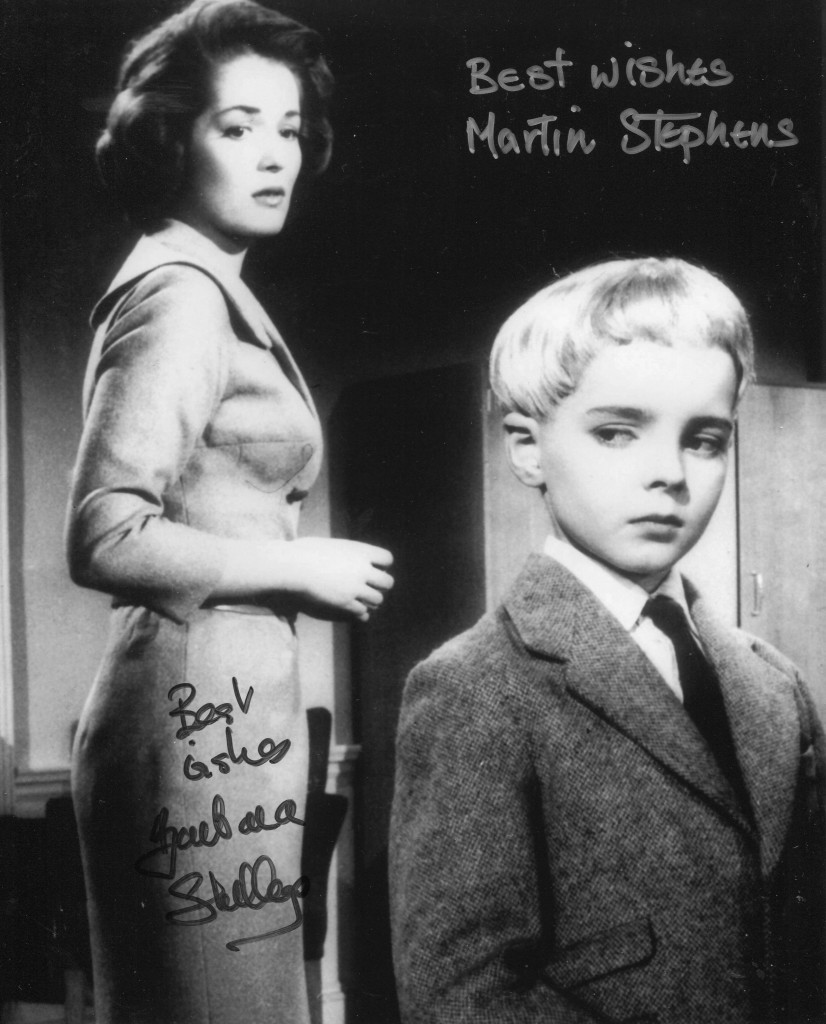
I went to Hollywood, I went to India, I went to all these sorts of places. For a young child to do that in the platinum age of film was extraordinary,” Martin Stephens, child star of Village of the Damned told the filmlinc blog. Stephens also admitted the challenges of being thrust into the limelight at such a young age.
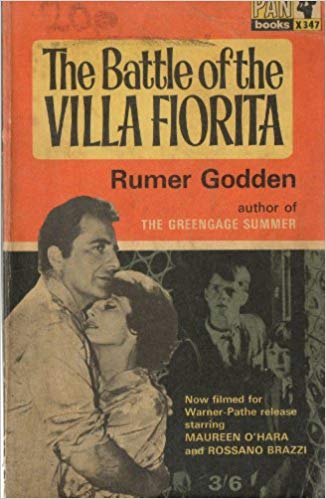
“To some extent you’ve got to acknowledge there’s some degree of exploitation of children,” he said. “Twelve-hour days were standard for me.” Excerpts of his interview with Film Comment’s Benjamin Schultz-Figueroa appear below.
BS-F: How were able to create such complete characters at such a young age?
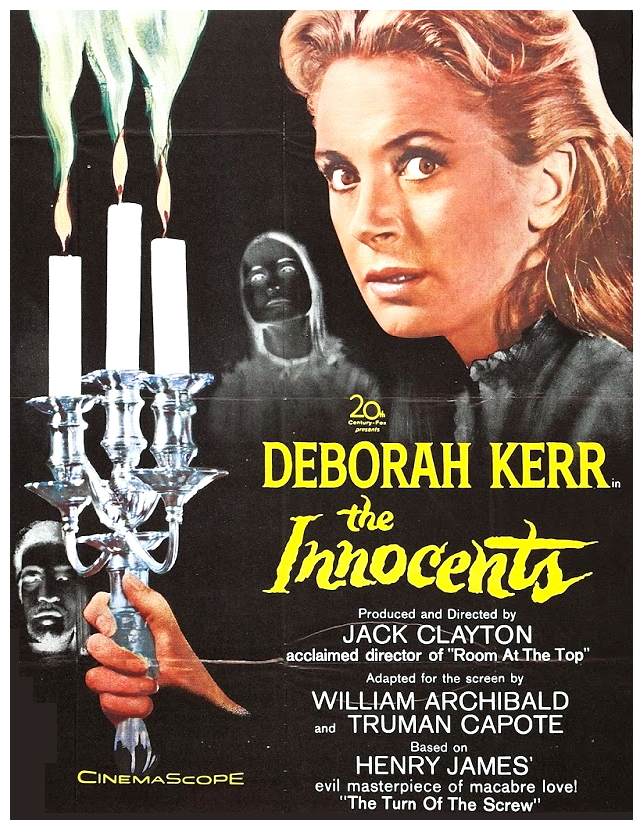
MS: I can’t say that I was a natural actor but what I would say is that I was very directable. If you look at my fifteen, sixteen, eighteen films, whatever it was, you will see that when it was a good director I tended to be reasonably good and when it was a weak or poor director I was relatively mediocre. I would absorb what was going on. Also, to be honest, I didn’t have much of an ego in terms of what I was doing. To me it was just a job. And I have to thank my family for that, in that we never were, my sisters included, treated as special. You know it was just a job of work, and remember we’re going back fifty years or so with some of this, the whole milieu at that time, the whole celebrity culture, particularly with children, was pretty much non-existent.

BS-F: Although you gained a certain amount of celebrity.
MS: Certainly I did, but nothing like . . . I mean look at Home Alone and that sort of stuff. The kid makes a couple of movies and he’s earning millions and known around the globe. Whereas I was hammering away at it for twelve or fourteen years and never got anything like that level of exposure—or that sort of money. It was a very different time that we were working in. There wasn’t the sort of global communication that there is now. The speed that people can be made famous, and unmade, it just wasn’t there at that time.
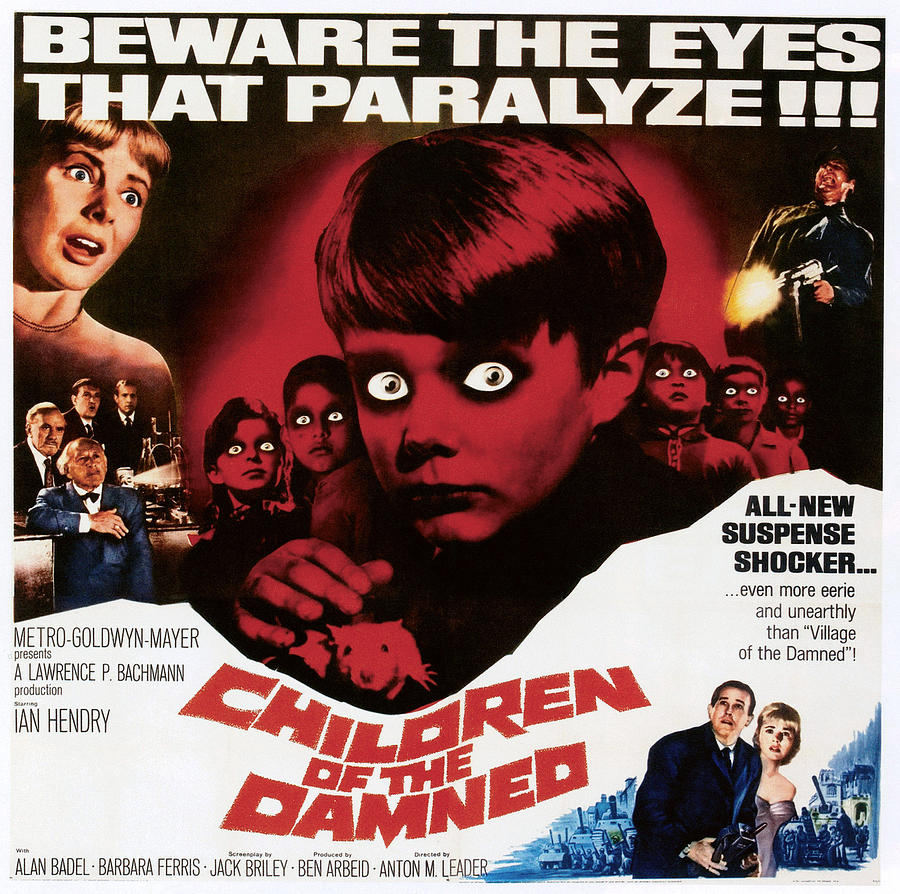
BS-F: But people still relate to your iconic roles?
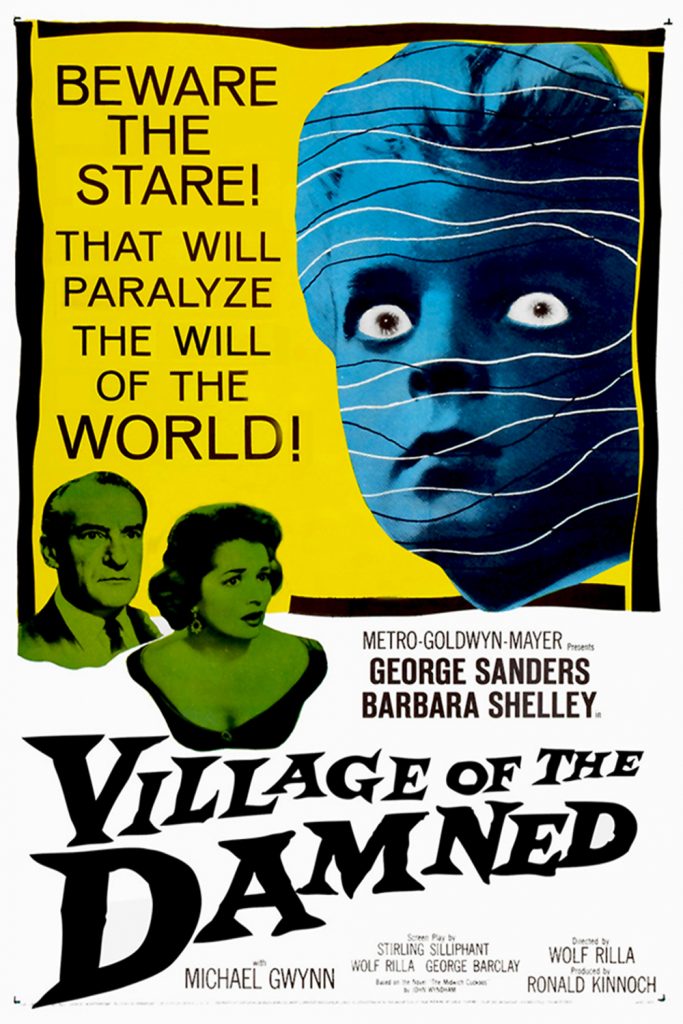
MS: Most people don’t know who I am (laughs). I think my wife does. And to be honest, I’ve never really felt the motive—since I’ve left the profession, I left it. It’s a little bit like a Native American walking backwards, you know, brushing the ground that he’s just trodden upon. Just leaving no trace. I’ll give you an example. I played Oliver in the musical in London when I was twelve. I did that for about seven months and my mom used to come a collect me. Every day she would come up and sometimes she would be a few minutes early so she would go into the wings and see the final curtain calls before she would whisk me off to go to bed. One day the stage manager actually turned to her and said—as I was taking the bows and there was uproarious applause going on, and curtain call after curtain call—the stage manager actually turned to her and said “do you know that Martin couldn’t care less?” It was just doing a job. I was enjoying it, but it didn’t really matter to me too much, I didn’t invest my ego into it.

